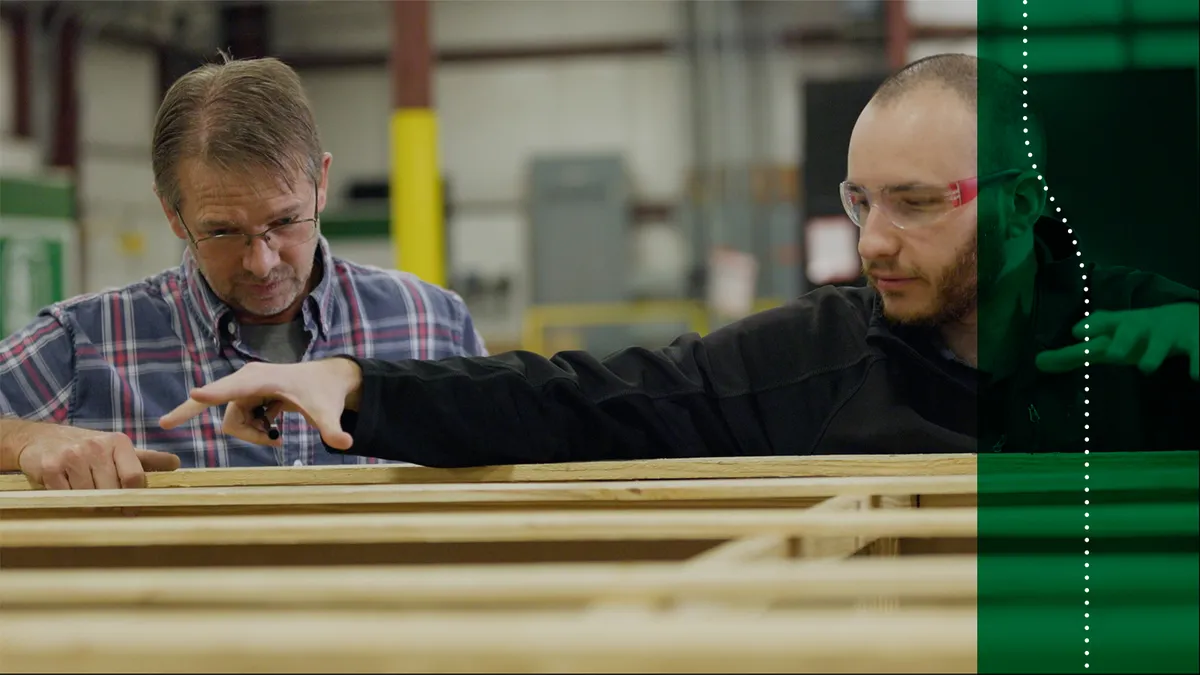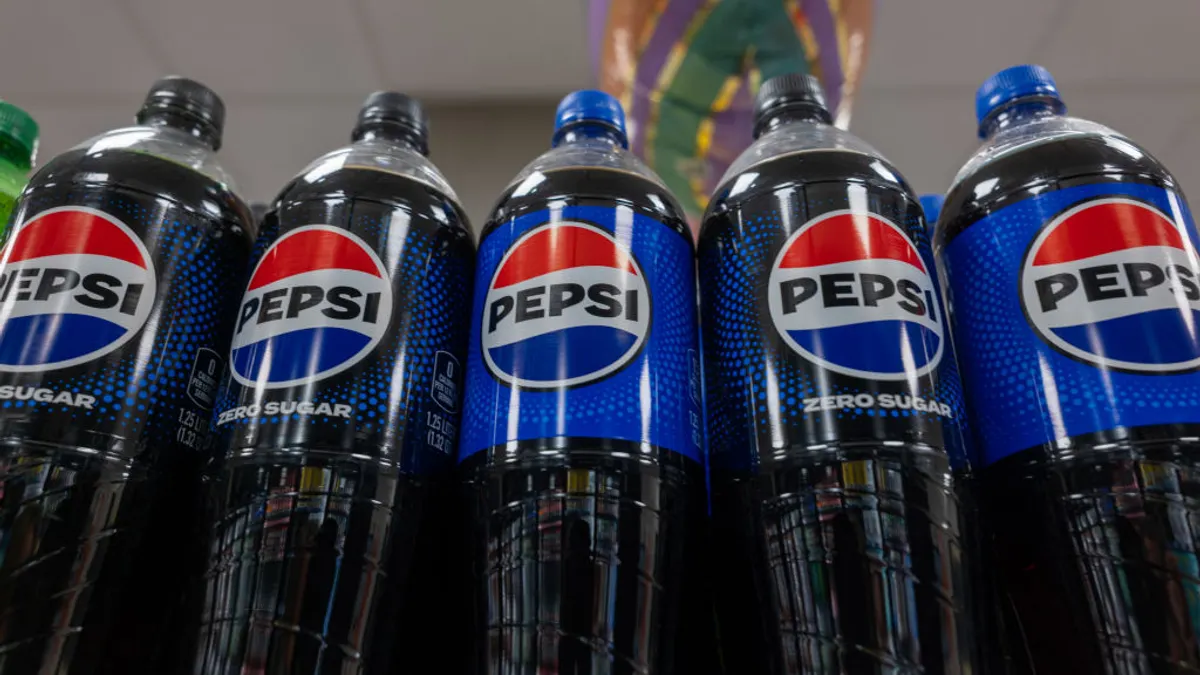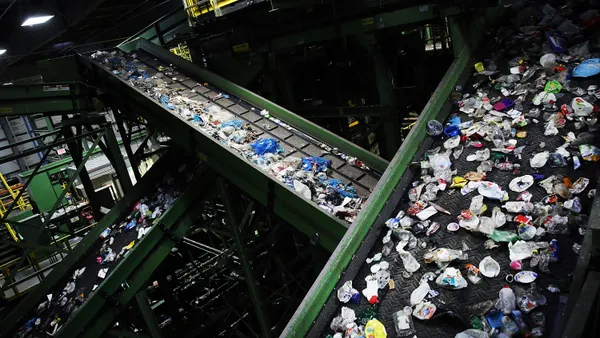They call it product development, not packaging development. Far too often, products go through a rigorous manufacturing process, with considerations for everything from efficiency to sustainability to profitability, and yet packaging design is an afterthought. What they don’t know is that UFP Packaging can be a complete packaging provider that approaches every project from a holistic angle, letting many factors guide each decision. Today’s companies need a total packaging provider that owns every step of the process, and can control every step of a project. And never has the supply chain come under greater scrutiny than during the last few years.
The traditional approach of sourcing packaging materials on a piecemeal basis was complicated by the unprecedented conditions of the COVID-19 pandemic, when supply chain issues and labor shortages left companies scrambling for any available option, regardless of the quality or cost. The expansion of e-commerce outlets and the explosion of SKUs has also created the need for a greater variety of packaging formats and quantities, while an increasing emphasis on sustainability is putting the packaging and the entire product lifecycle under greater scrutiny. Packaging providers who influence every step of the supply chain, from forest to manufacturer, gained a significant advantage over those limited by factors outside their control.
To overcome the variety and severity of challenges facing today’s marketplace, industry leaders should look not only for a packaging supplier but a total packaging solutions provider. Comprehensive packaging partners like UFP Packaging can help replace multi-tiered supply chain networks or small boutique specialists, and give manufacturers and industrial organizations the qualities needed to keep up with changing conditions.
Industries from mining to high-tech instrument manufacturing can guarantee that their products and people will be protected from uncertainty if they pursue a systems-based unit load design strategy. This solution brings together supply chain component designers to streamline processes, creating a total solutions partnership. A total packaging provider like UFP Packaging evaluates the entire product lifecycle and develops holistic packaging designs that consider various factors, including shipping costs, sustainability concerns, and more.
“Even today, items are designed one component at a time — the pallet, the conveyer, the box, the bottle,” says Marshall White, professor emeritus and director of the William H. Sardo Jr. Pallet & Container Research Laboratory and the Center for Unit Load Design at Virginia Tech University. “But if you break out of those siloes, you reduce costs and increase sustainability,” he says.
So, how can you tell the difference between a simple packaging provider and a total packaging solutions partner? The right partner will feature many key capabilities, all of which can adapt to their customers’ needs in an ever-changing marketplace. They will also be a full-service provider of packaging solutions and OEM components to businesses of all sizes in a variety of industries. When you find the right packaging partner who is capable of auditing every aspect, designing every component, and integrating every system, you’ve found a total packaging solutions provider. And if that partner is UFP Packaging, you’re ready to take on the constantly shifting industrial landscape.










